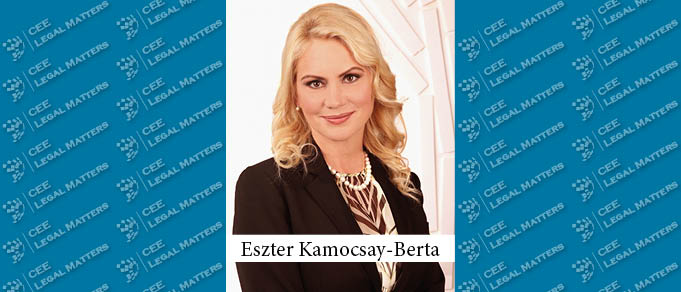Presently, a legislative proposal has been placed on the agenda, focusing on measures aimed at streamlining governmental operations. This comprehensive proposal encompasses various modifications, one of which pertains to an amendment to the personal income tax act (“PIT Act”).
The principal objective of this legislative initiative is to alleviate the administrative burdens faced by both individual taxpayers and businesses. This would be achieved through a targeted amendment to the PIT Act, specifically with regard to the mid-year claim process for the first-married couples' allowance, the family allowance, and the benefit for mothers with four or more children. The proposed amendment would eliminate the requirement for individuals to repetitively submit annual declarations for these benefits, provided that the circumstances supporting the claim remain unchanged.
To implement this streamlined process, the proposal seeks to modify the advance tax declaration rules outlined in the PIT Act. It introduces the concept of a “continuous declaration”, which enables eligible individuals to request the payer to maintain their existing declaration, unaltered, until a new declaration is submitted or until they request that it no longer be taken into account.
This measure carries dual implications. Firstly, it stands to significantly reduce the administrative burden on employers and payers responsible for these specific benefits. Nevertheless, it also imposes a heightened degree of responsibility on the individual claimants. A guarantee provision within the proposal specifies that should the individual fail to report any changes in their eligibility status, and subsequently, the tax authority identifies a tax shortfall due to the application of the continuous declaration, the associated legal consequences for the individual (late payment penalties, tax penalties and differential penalties) would not be reduced.
It is imperative to note that the methods of submitting these declarations, either in writing to the employers or electronically through an electronic identification service via a dedicated electronic interface established for this purpose to the tax authority, will remain unchanged. This aspect of the proposal is particularly noteworthy, as a substantial portion of these declarations continue to be submitted in paper form. Therefore, the introduction of the continuous declaration would not only simplify the process but also contribute to a reduction in paper-based environmental impact, as there would be no need for repetitive declaration submissions at the commencement of each calendar year.
Should this bill receive parliamentary approval, the new rules will come into effect for advance tax returns initiated after 31 December 2023. Given the increased level of responsibility vested in individual taxpayers through this legislative amendment, it is of utmost importance that individuals diligently monitor their obligations and promptly update their declarations in the event of any changes to the information contained therein.
In conclusion, the proposed amendments to the Hungarian personal income tax system herald a promising era of reduced administrative complexities for both citizens and businesses. However, it is essential to recognise that these benefits come hand in hand with an increased level of responsibility for individuals. Vigilance and diligence will be paramount in ensuring that any changes to the content of advance tax returns are promptly reported. By embracing this reform, Hungary can take a significant step towards fostering a more efficient, environmentally conscious and accountable tax system.
By Eszter Kamocsay-Berta, Managing Partner, KCG Partners Law Firm



